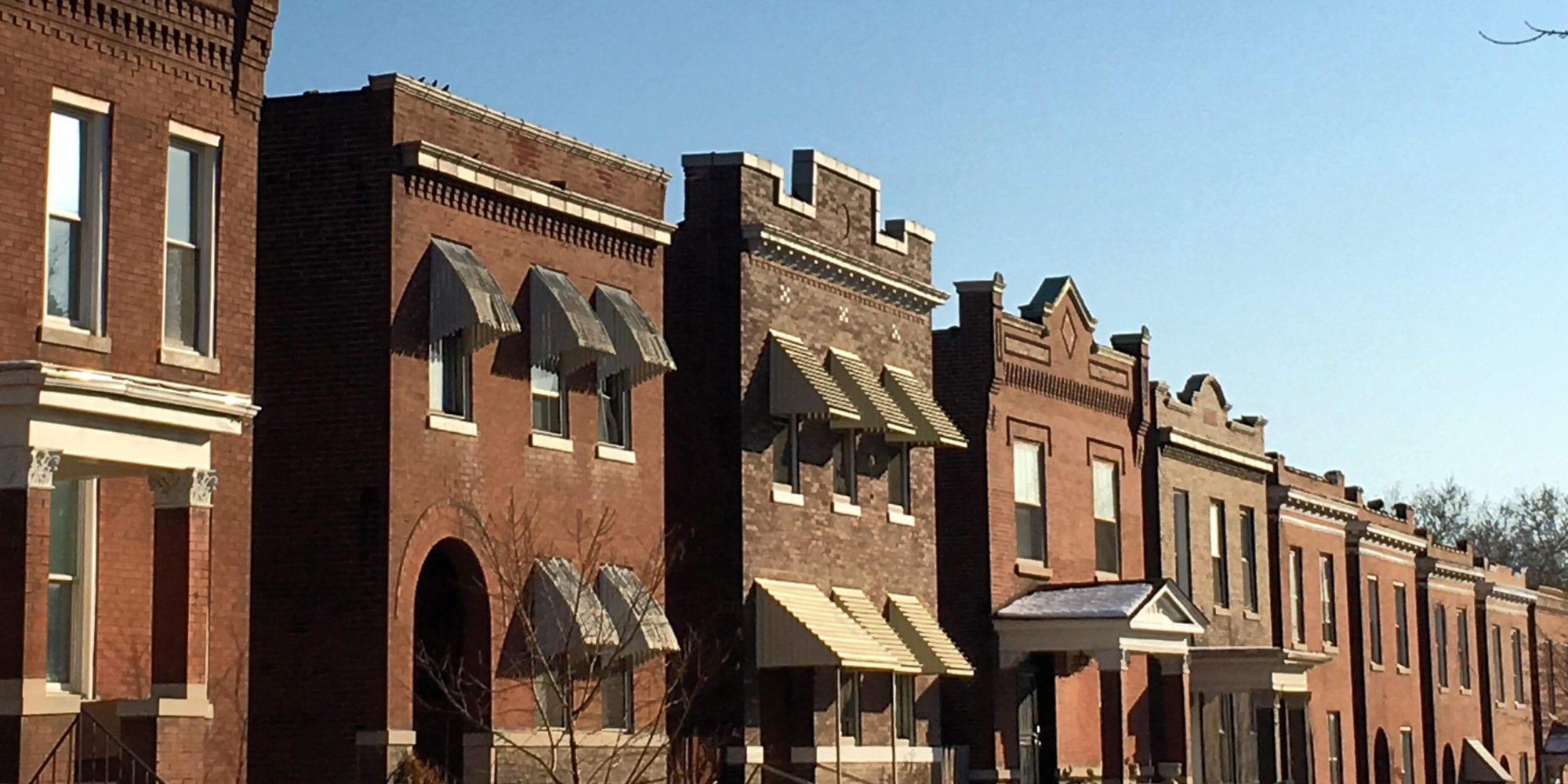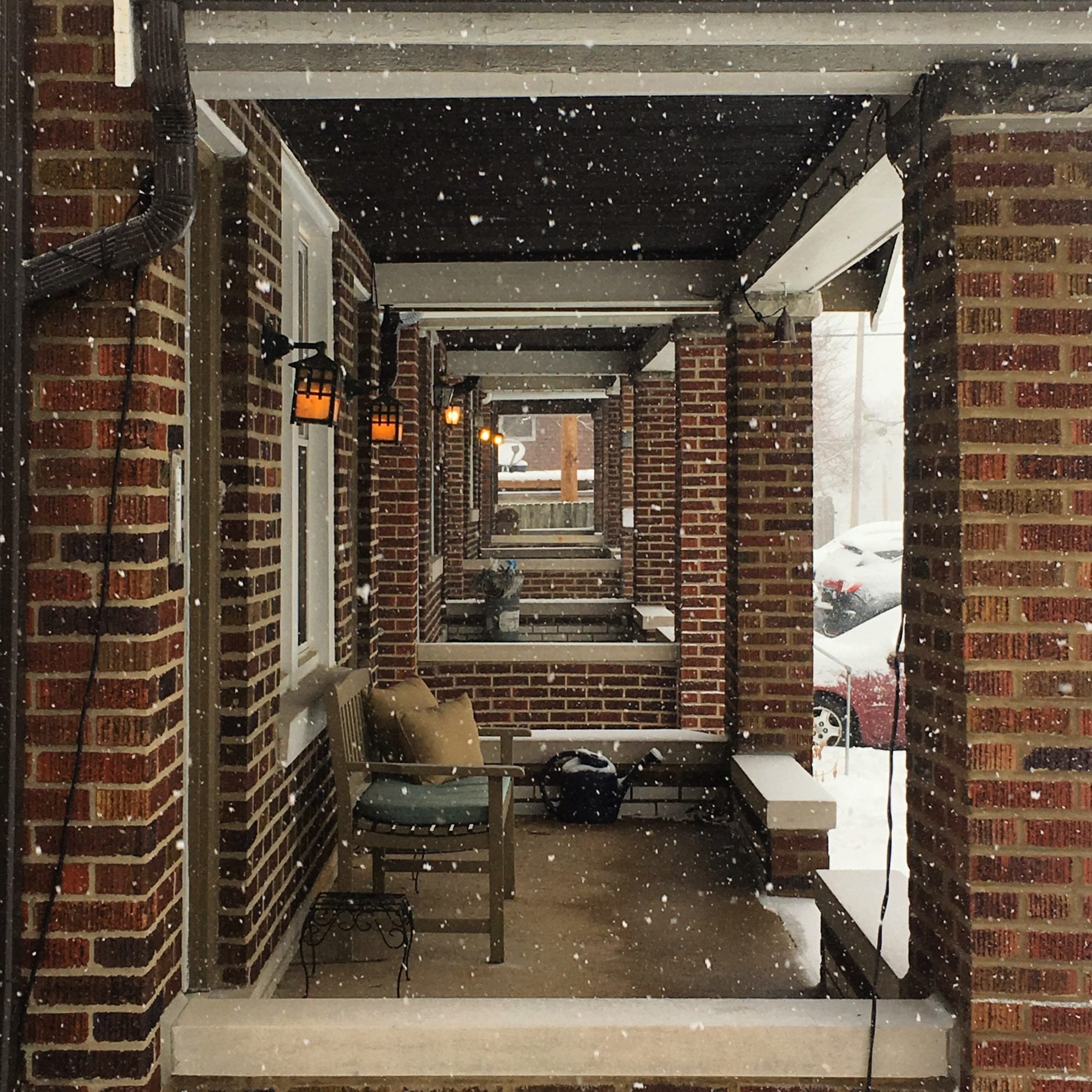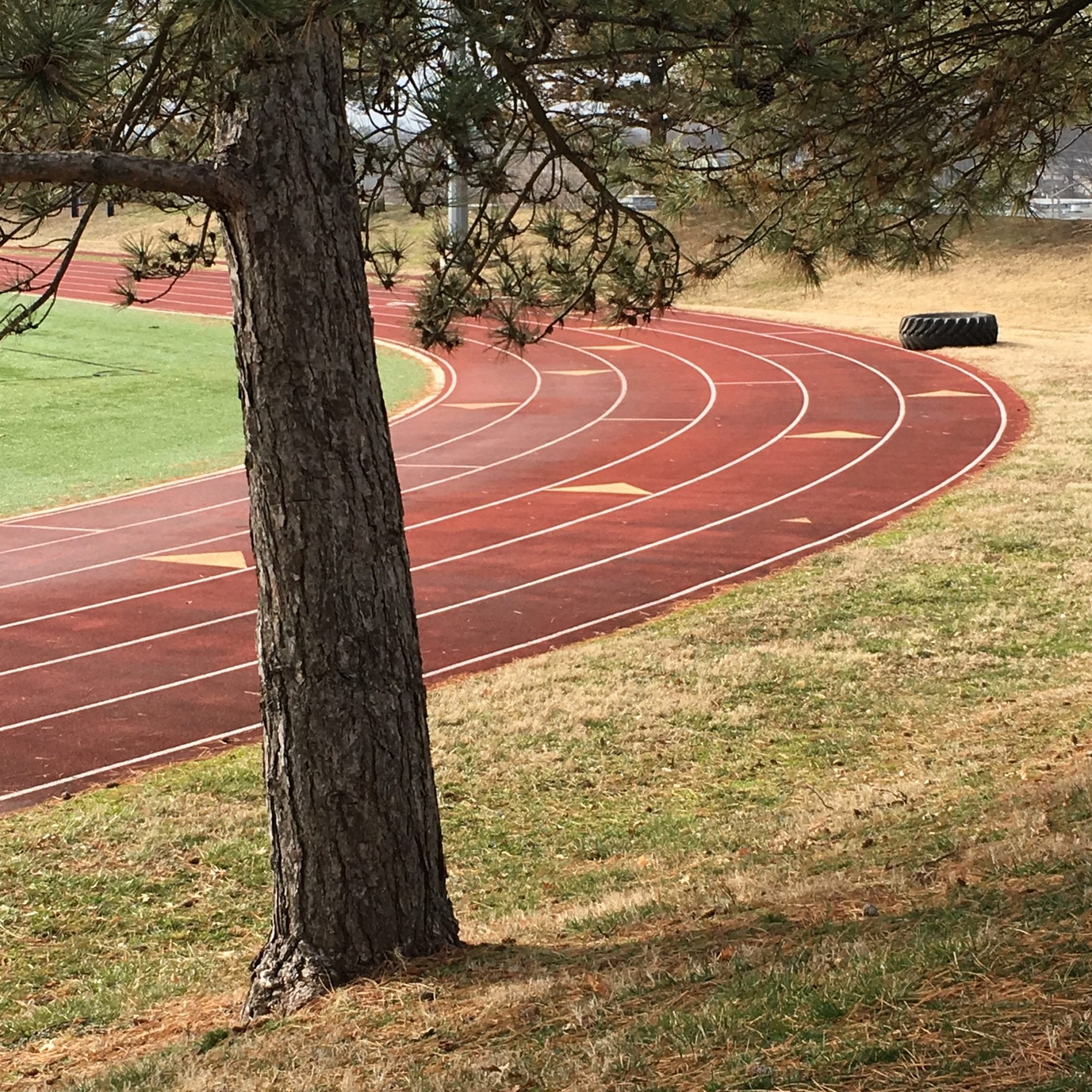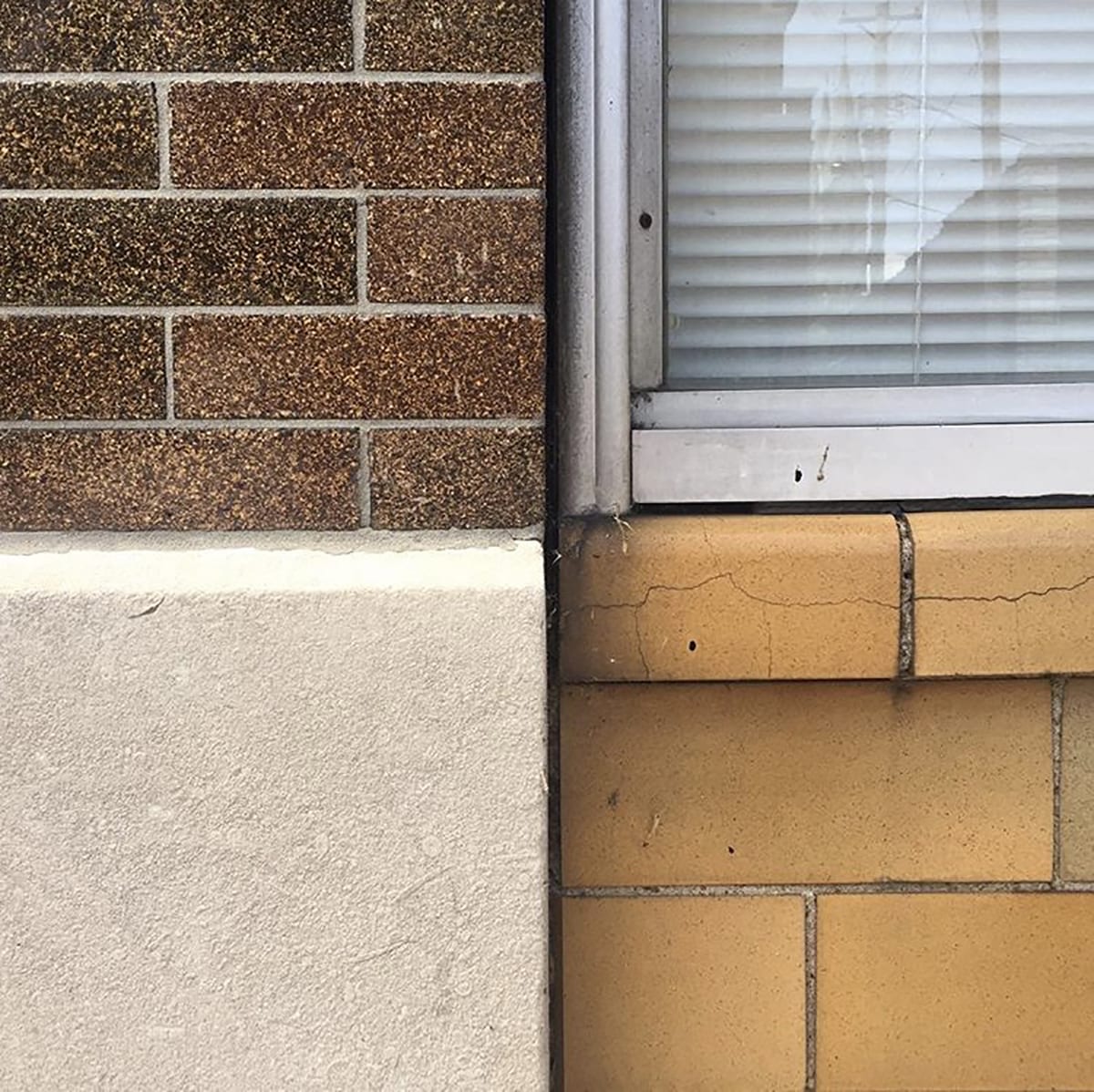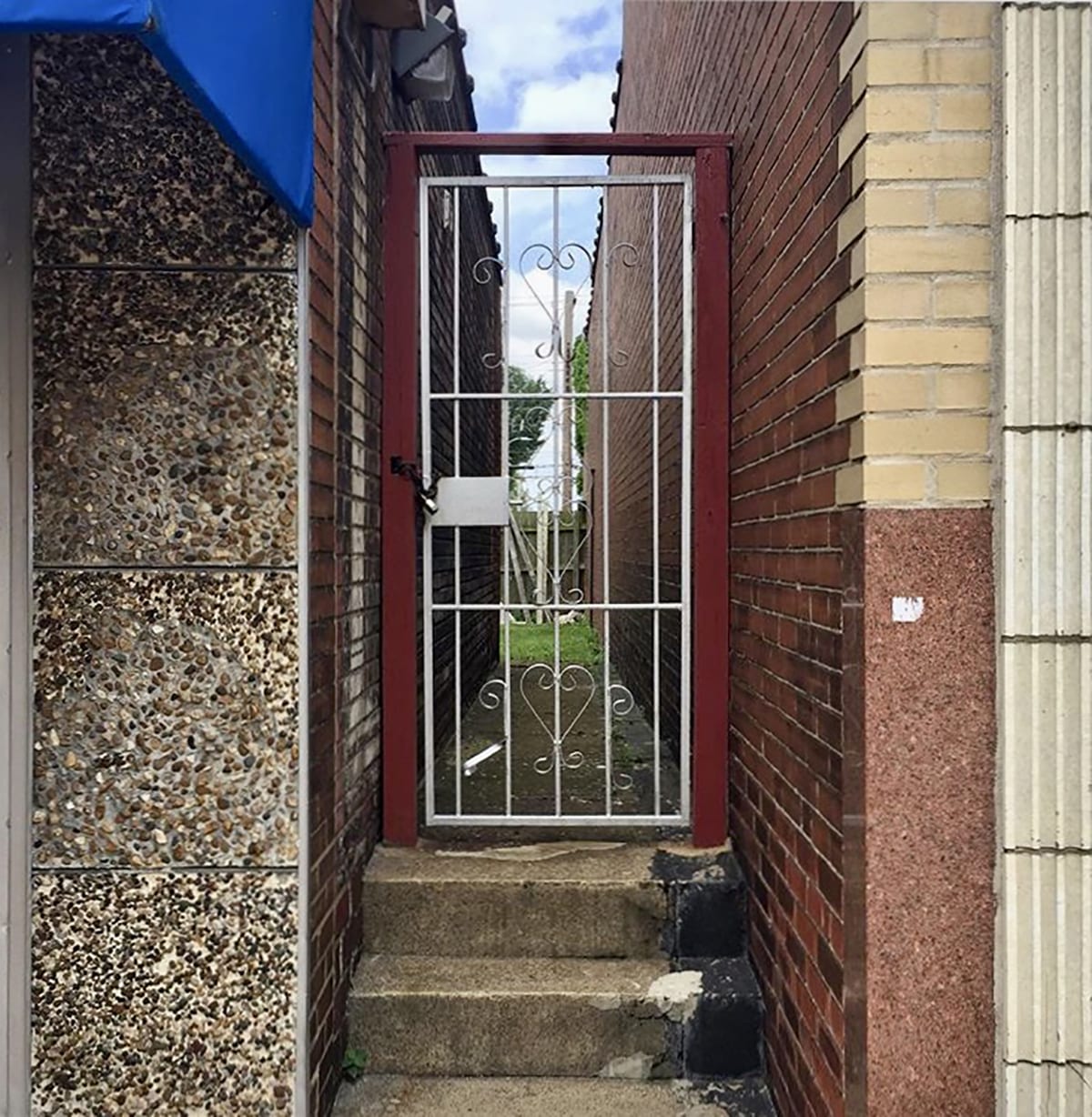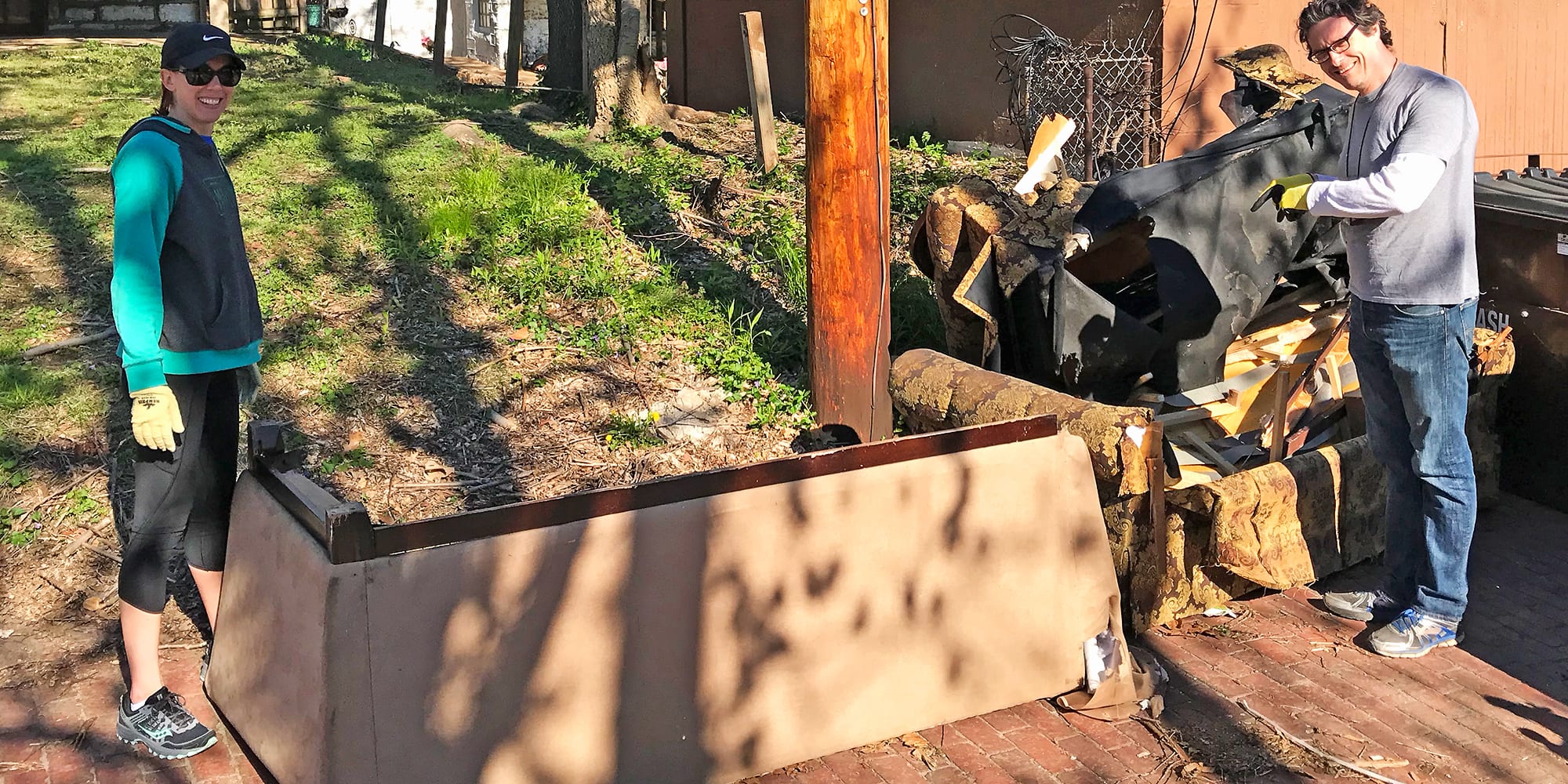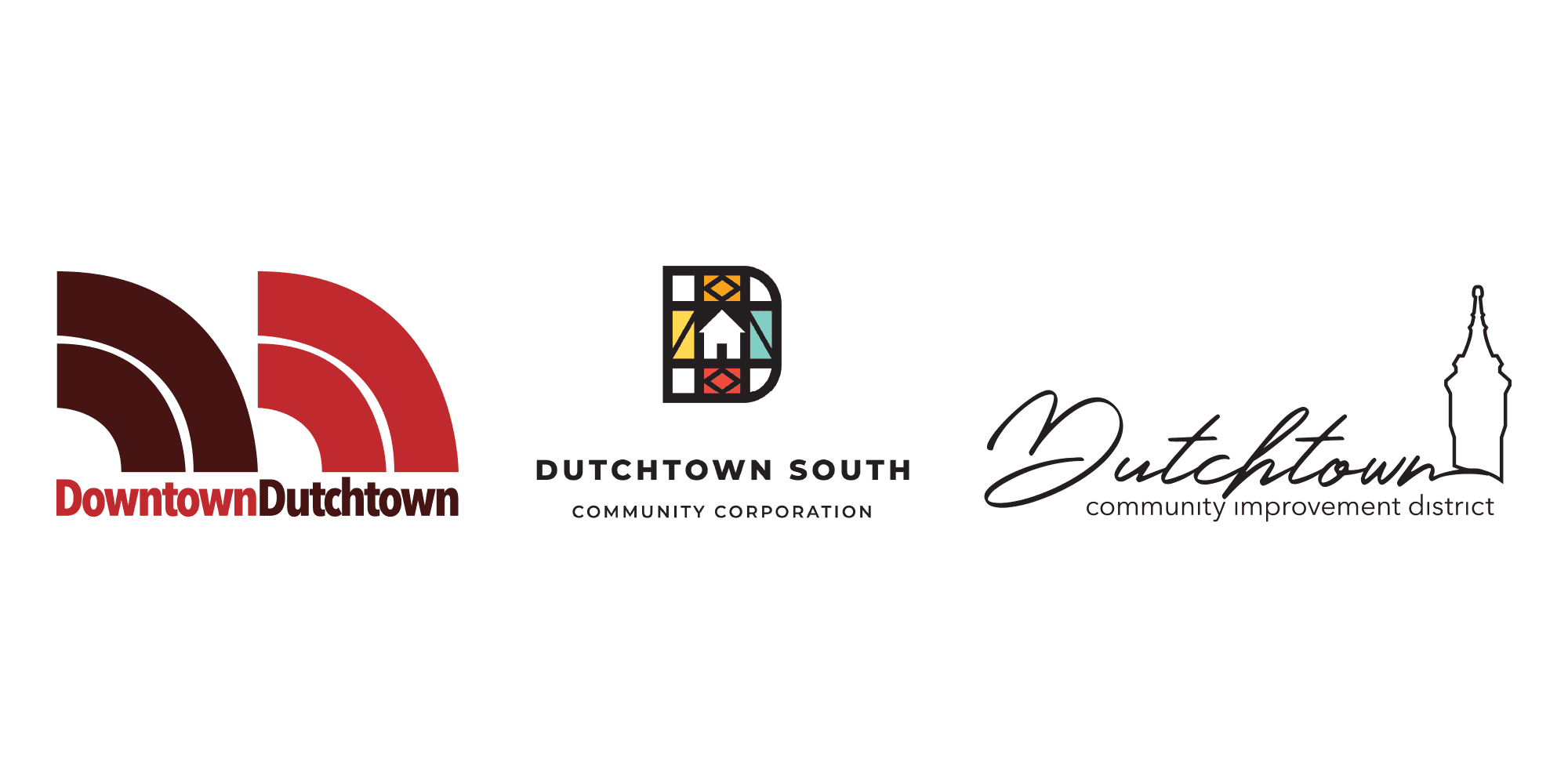Updated April 14th at 6am.
What do recent legislative bills and non-profit action mean for residents of Dutchtown and small businesses in our neighborhood? We try our best to break down what we know about the various bills and how they may affect our neighbors and local small businesses.
For Our Dutchtown Neighbors
Payments to Individuals and Families
The CARES Act (Coronavirus Aid, Relief, and Economic Security Act) will provide individuals with direct relief in the form of cash in hand for families while also expanding unemployment benefits to help those who have lost their job in the wake of COVID-19.
Individuals who earn less than $75,000 a year should receive a one-time cash payment of $1,200. If you are married, each spouse will receive that amount. If you have children, each child will be an additional $500. Consequently, if you are in a married family with two kids making less than $150,000, you can expect to receive $3,400 total. If your family earns more money than that, the amount you receive decreases and families making more than $198,000 will not receive any cash support.
Checks will go out by mail or be direct deposited depending on what information an individual has on file with the Internal Revenue Service or Social Security Administration. The money is structured as an advance tax credit.
Tax Deadlines Extended
Speaking of taxes, deadlines for federal income taxes, Missouri state income taxes, and City of St. Louis earnings taxes have been extended to July 15th, 2020. However, some types of forms and reporting are still due, so consult a tax professional if you have questions.
Other Relief For Families
The CARES Act provisions include emergency funds for food and nutrition programs assuming the state of Missouri moves quickly to take advantage of the changes. This includes the possibility for increased SNAP benefits and expanding SNAP eligibility to families with school children who are now at home. Visit the Missouri Department of Social Services to check for updates.
Relief for Child Care Providers
The CARES Act will allow self-employed individuals, including child care providers, to qualify for Pandemic Unemployment Assistance.
Relief for the Unemployed
Unemployment insurance payments are being increased by an additional $600 per week. File for Missouri unemployment benefits here.
For Our Dutchtown Small Businesses
Small Business Administration Disaster Loans
Missouri was designated as a disaster zone by the federal government which freed up the opportunity for small businesses to apply for disaster relief loans normally reserved for things like fire, floods, or other weather events. The amount of money available was also increased through the CARES Act.
Eligibility for Economic Injury Disaster Loans is based on the financial impact of COVID-19. The interest rate is 3.75 percent for small businesses. The interest rate for private non-profit organizations is 2.75 percent. SBA offers loans with long-term repayments in order to keep payments affordable, up to a maximum of 30 years and are available to entities without the financial ability to offset the adverse impact without hardship.
The loans can be used for a variety of things including debts, payroll, accounts payable, and other bills accrued due to COVID-19. To get more details and apply, visit the online portal, but be aware the demand has caused the website to slow down and crash at times.
Applicants may apply online, receive additional disaster assistance information and download applications at the SBA’s website. Applicants may also call SBA’s Customer Service Center at 800-659-2955 or email disastercustomerservice@sba.gov for more information on SBA disaster assistance. Individuals who are deaf or hard of hearing may call 800-877-8339.
While it is still recommended that applicants keep trying to apply through the SBA Disaster loan portal, this may not be possible for some due to the high volume of traffic. You can also print the paper forms and mail them in or upload them electronically. Completed applications should be mailed to U.S. Small Business Administration, Processing and Disbursement Center, 14925 Kingsport Road, Fort Worth, Tx., 76155 or emailed to disasterloans@sba.gov.
Other Small Business Resources
COVID-19 Regional Business Information Center
The St. Louis Regional Chamber is keeping the most up-to-date website to provide information on COVID-19, with information on business resources, regional resources, travel, and event updates. Please check back often to see the latest information.
Regional Impact Survey
Please fill out the Regional Impact Survey conducted by the St. Louis Regional Chamber so that they can learn more about the needs of local businesses and how to serve them better.
Small Business Resource Fund
The St. Louis Economic Development Partnership, and the St. Louis Development Corporation are offering a zero interest loan of up to $5,000 for small businesses in the City of St. Louis and St. Louis County that have sustained economic damage due to the COVID-19 crisis. Loan details can be found here.
Apply for a loan here. For questions about the program, please email bizhelp@stlpartnership.com.
St. Louis Community Foundation Regional Response Fund
The St. Louis Community Foundation has established two funds to help small businesses and nonprofits.
The Gateway Resilience Fund will help provide short-term monetary relief to small locally-owned businesses and their employees.
The Regional Response Fund was established to direct aid to local non-profit organizations delivering services to people affected by the virus including children, the elderly, and the isolated.
America’s SBDC—Missouri
To help business owners prepare for the changing circumstances associated with COVID-19, the Missouri Small Business Development Center (SBDC) has some suggestions for businesses that have been financially impacted.
Families First Coronavirus Response Act, Small Businesses, and Employee Leave
If you have employees, there are also some changes to Family Medical Leave Act. This usually only applies to covered employers who have 50 or more employees. The Emergency Paid Sick Leave Act (EPSLA) temporarily mandates full-time workers be paid their full wages for up to 2 weeks when they are unable to report to work for coronavirus-related reasons. This applies to any business with fewer than 500 employees.
Moreover, a brand new law, The Emergency Family and Medical Leave Expansion Act, requires any individual employed by an employer for at least 30 days (before the first day of leave) may take up to 12 weeks of job-protected leave to allow an employee, who is unable to work or telework, to care for the employee’s child (under 18 years of age) if the child’s school or place of care is closed or the childcare provider is unavailable due to a public health emergency. This act applies regardless of whether the employee is full-time or part-time.
The first 10 days of EFML may be unpaid. During this 10-day period, an employee may elect to substitute any accrued paid leave (like vacation or sick leave) to cover some or all of the 10-day unpaid period, however, the employer cannot require the employee to substitute paid leave. After the 10-day period, the employer is required to pay full-time employees at two-thirds the employee’s regular rate for the number of hours the employee would otherwise be normally scheduled. The new Act limits this pay entitlement to $200 per day and $10,000 in the aggregate per employee.
Employers will be repaid in the form of certain dollar for dollar tax credits. The legislation allows for refundable tax credits in “an amount equal to 100% of the qualified” sick leave paid by the employer for each calendar quarter. The credit can be taken against the employer’s portion of the Social Security taxes. However, there are some caps and limits. Specifically, the refund for sick leave is capped at between $200 and $511 per day depending on the qualifying event. There will effectively be a two week cap on the credit for sick leave.
However, the Act also includes language allowing the Secretary of Labor to exclude healthcare providers and emergency responders from the definition of employees who can take such leave, and to exempt small businesses with fewer than 50 employees if the required leave would jeopardize the viability of their business. This exemption has obviously caused some confusion about who does and doesn’t have to pay the two weeks leave.
Because these changes to the law are complicated and any small business should consult further resources or a legal professional before making their business decisions.
Additional Information
Education and Discussion
Treasurer Tishaura Jones and Don Calloway have an in-depth discussion on financial relief for individuals, small businesses, and non-profits in this video.
Small Business Impact Survey and Mornings on Main
Missouri Main Street Connection is taking a survey of small businesses in Missouri to help understand the issues and challenges local small businesses are currently facing.
MMSC is also offering weekly webinars and discussions, Mornings on Main, every Wednesday morning at 8:30am. Learn how other small businesses and neighborhoods are adapting to deal with the COVID-19 crisis.
MMSC has recently partnered with DT2 for the UrbanMain Initiative to revitalize Downtown Dutchtown.
InvestSTL Neighborhood Solidarity Fund
InvestSTL has created their Neighborhood Solidarity Fund to help neighborhood organizations, community development programs, and local small businesses weather the COVID-19 crisis by bolstering human, organizational, and economic infrastructure at the neighborhood level.
The Neighborhood Innovations in Connectivity grant is available for formal and informal neighborhood associations and similar organizations. The CDC Stability grant is available for neighborhood-focused community development organizations to maintain core operations, staff and healthy work environments. And the Neighborhood Small Business Lift grant is available for neighborhood-serving small businesses to maintain staff, facilities and other essential costs.
Fundraisers
The Cherokee Street Community Improvement District and Cherokee-Lemp Special Business District have created a GoFundMe, Show Up 4 Cherokee Street, to assist the more than 150 local businesses and their employees on Cherokee Street. Businesses and employees must complete an application to receive assistance.
If you know of additional resources for individuals or small businesses, please let us know so we can add them.
You can also read our other post containing a list of small businesses that you can support during this crisis.
